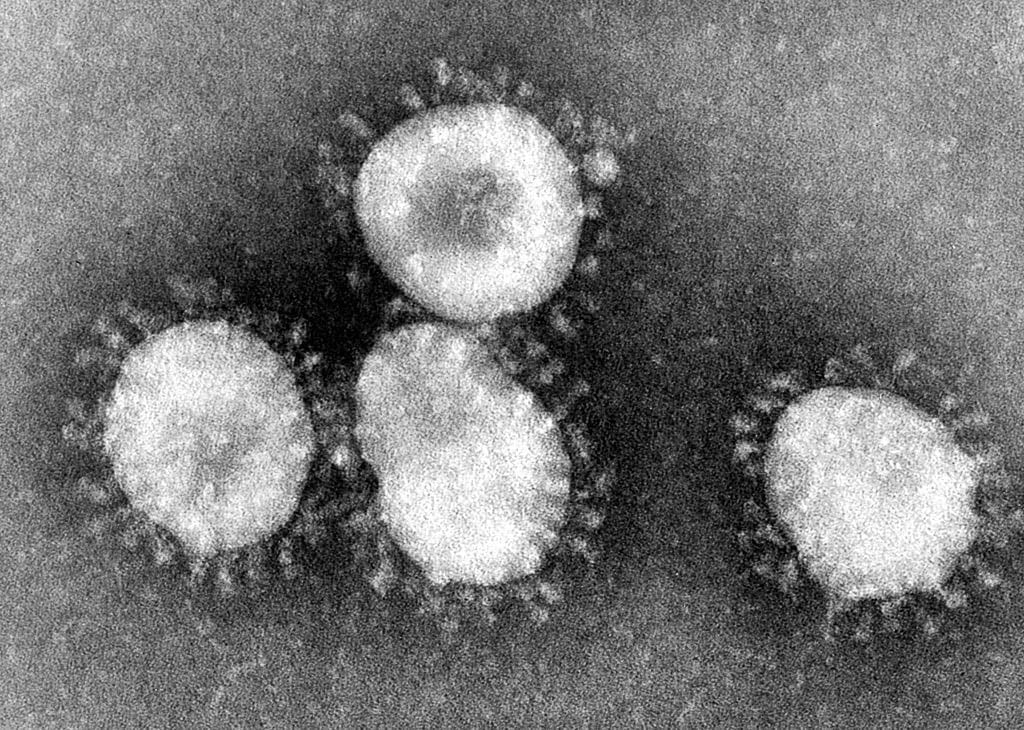With one case confirmed in Washington state, officials believe risk remains low
CLARK COUNTY — As flu season appears to be hitting its peak in Southwest Washington, public health officials have a new virus to be concerned about.

The novel coronavirus, a new form of a common family of viruses, appears to have originated in Wuhan, China, a city of over 11 million people located approximately 700 miles south of Beijing.

While many may not have heard the term coronavirus before, they’re likely familiar with SARS and MERs. The former killed 770 people in 2002-2003, and the latter had a death rate of 30-40 percent. Both were strains of coronavirus.
Thus far, health officials believe this new strain is likely less deadly than SARS or MERs. According to the Centers for Disease Control (CDC), there have been approximately 450 confirmed cases within China, though some world health experts anticipate the exact number could be much higher. Out of those, there have been 17 reported deaths, largely amongst the elderly or people with preexisting health conditions.
As with any modern disease, there is a risk that it will spread beyond its apparent country of origin. So far the only known case of novel coronavirus in the United States is in a Snohomish County, Washington man who had recently returned from Wuhan.
Dr. Alan Melnick, public health officer for Clark County, told the Board of Public Health at this week’s monthly meeting that passengers from China are being routed through JFK in New York, LAX in Los Angeles, San Francisco, Atlanta, and Chicago, where they are being screened upon arrival for a fever, which can be a sign of the virus.
But that system had yet to be put in place when the man, who hasn’t been identified but is in his 30s, arrived at SeaTac Airport on Jan. 15. He reported feeling ill the day after arriving, and is now in an isolation ward at Providence Regional Medical Center in Everett. He is said to be in good condition.
Health officials on Wednesday said they are actively monitoring 16 people who were in close contact with the man, including daily phone calls. At this point they won’t be quarantined unless they report feeling ill.
“We don’t know exactly when people with this infection are contagious,” Dr. Melnick said. “We believe, from what I’ve heard so far, the incubation period is about 14 days.”
Melnick says they have sent notifications to local healthcare providers that they should be asking any patient, even at reception when they first come in, whether they have been out of the country recently, specifically to China. They have also received instructions on providing masks for any patients who may present symptoms, and how to collect specimens to submit for testing.
So far, Melnick adds, the risk to the public, at least in the United States, appears to be quite low.
“There’s no evidence of sustained transmission yet,” he says, “So the risk to the public is pretty low.”
It is believed this coronavirus may have started in animals, then transferred to humans attending an outdoor market in Wuhan that was selling fish and wild livestock. There have been several cases in people who hadn’t been to the market, however, leading investigators to believe the virus can spread from human to human.
Human coronaviruses are passed through coughing and sneezing, close personal contact, touching objects with the virus on it and then touching the mouth, nose or eyes before washing your hands, according to the CDC.




